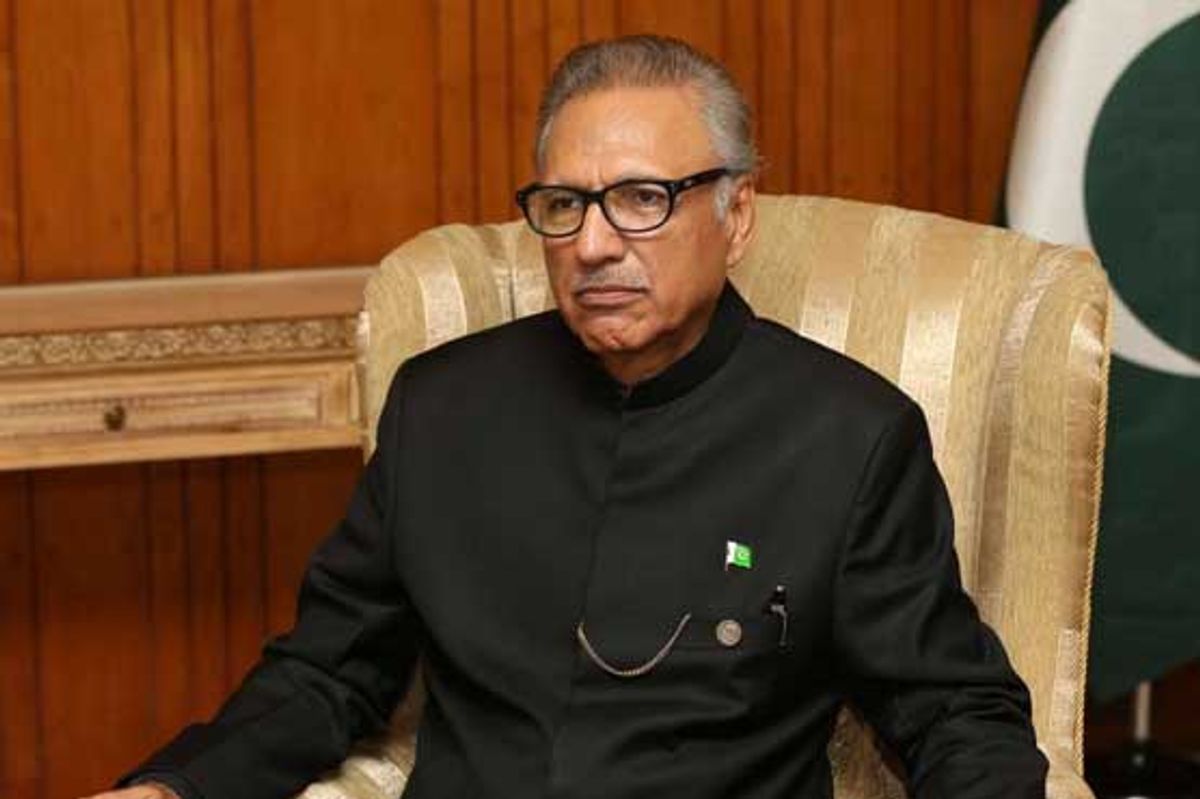President Arif Alvi approved Anti-Rape Ordinance 2020, on Tuesday, which seeks to address the loopholes in Pakistan’s rape laws and expedite rape cases in the country.
Under the ordinance, special courts that deal with rape cases will be set up across the country to speed up the justice process for women and children victims of sexual abuse.
صدر مملکت ڈاکٹر عارف علوی نے انسدادِ ریپ آرڈیننس2020ء کی منظوری دیدی. آرڈیننس سے عورتوں اور بچوں کے خلاف جنسی زیادتی کے معاملات کو جلد نمٹانے میں مدد ملے گی۔ جنسی زیادتی کے ملزمان کے تیز ٹرائل اور کیسز جلد از جلد نمٹانے کیلئے ملک بھر میں اسپیشل کورٹس کا قیام عمل میں لایا جائے گا۔ pic.twitter.com/3awfqnXOcO
— The President of Pakistan (@PresOfPakistan) December 15, 2020
The prime minister has been tasked with setting up anti-rape crisis cells nationwide. The cells will be authorized to conduct medico-legal examination of victims within six hours.
The new law also forbids revealing the identity of rape victims and makes it a punishable offence.
A national registry of sexual offenders will be established with the help of NADRA.
In November, Prime Minister Imran Khan had announced that his government would introduce a “stringent and holistic” anti-rape ordinance to ensure fast-track trials.
Pakistan’s rape laws
Rape is a punishable offence in Pakistan. The definition and punishment for this crime are detailed under Sections 375 and 376 of the Pakistan Penal Code.
According to the law, a man is said to commit rape when he has sexual intercourse with a woman under circumstances falling under any of the five following descriptions:
- Against her will
- Without her consent
- With her consent, when the consent has been obtained by putting her in fear of death or of hurt
- With her consent, when the man knows that he is not married to her and that the consent is given because she believes that the man is another person to whom she is or believes herself to be married; or
- With or without her consent when she is under 16 years of age.
The convicted rapists will be sentenced to jail for no less than 10 years or more than 25 years, according to the law. A fine will also be imposed on them.










